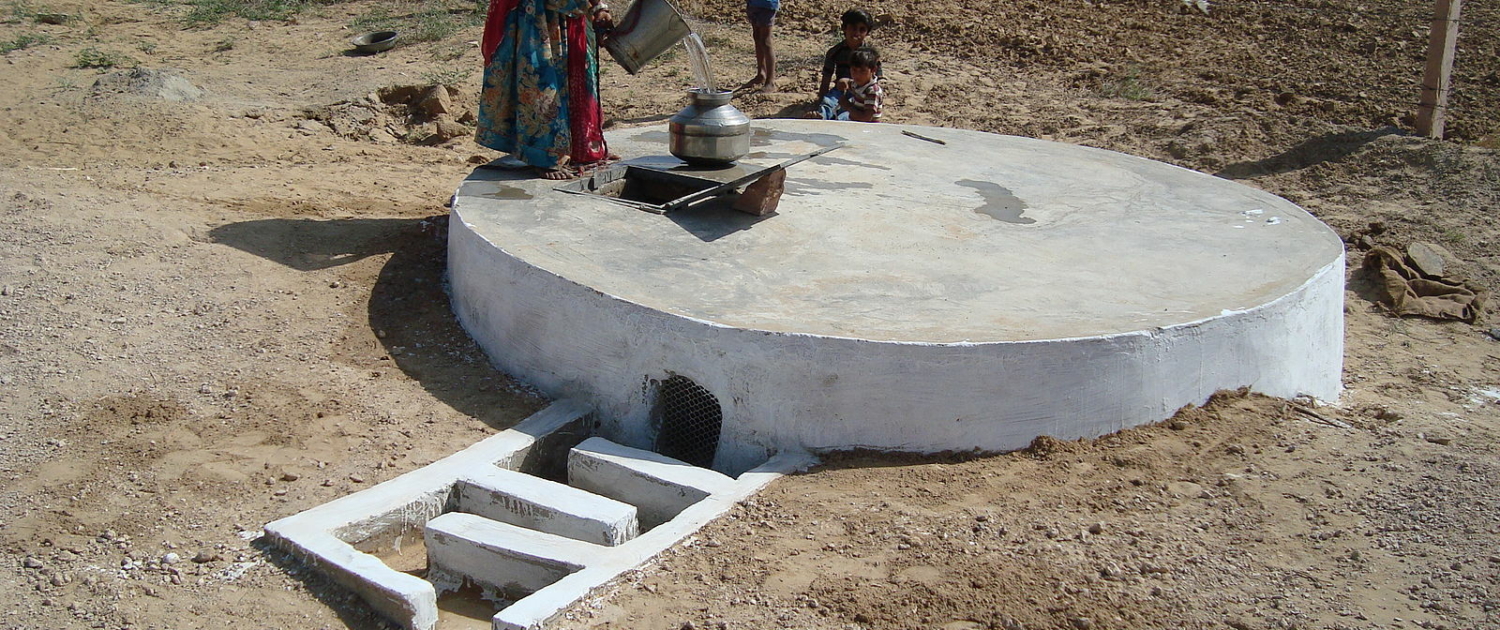The Wakel River Basin Case Study
The Wakel River Basin, nestled in Rajasthan’s southern region in North-West India, faces severe climatic and geographical challenges. This area, part of the Thar Desert, is known for its extreme dryness and poverty. However, a significant transformation is underway, thanks to the intervention of a non-governmental organization (NGO). This organisation collaborates with the local community to enhance water supply and storage, employing locally suitable techniques. Their efforts also focus on educating the community about efficient water management, marking this initiative as a sustainable endeavour.
Water Supply Challenges
The region’s climate is harsh, with summer temperatures soaring up to 53°C. The annual rainfall is scanty, not exceeding 250mm, and is predominantly concentrated between June and September. This leads to minimal surface water availability, as the little rain received rapidly evaporates or gets absorbed into the ground.
Issues with Water Management
Previously, water management in the area was inefficient, characterized by excessive water use for irrigation and over-extraction from wells. This unsustainable practice resulted in a lowered water table and drying up of some wells, escalating water stress and insecurity.
Enhancing Water Supply
The project has successfully promoted the adoption of rainwater harvesting techniques, benefiting local villages and families. These methods include:
- Taankas: These underground storage systems, approximately 3 meters in diameter and 3-4 meters deep, are designed to collect water from rooftops. They can store up to 20,000 litres of water.
- Johads: These small earth dams capture and store rainwater, aiding in replenishing the groundwater levels. This technique has revitalized five rivers, which now flow throughout the year, contrasting their previous seasonal dryness post-monsoon.
- Pats: These are irrigation channels that distribute water to fields. The system operates on a rotational basis, where villagers take turns in maintaining and using the channels for crop irrigation.
Raising Public Awareness
Education plays a pivotal role in this project. Communities are educated about water conservation, fostering a collective effort towards maintaining water security. This approach helps in mitigating issues like soil erosion, desertification, and groundwater pollution.
Project Funding and NGO Role
The Wakel River Basin Project, operational between 2007 and 2014, was financed by The Global Water for Sustainability Program, an initiative of the USA’s International Development Agency. This NGO has been instrumental in working alongside the local populace to elevate water security and develop sustainable water management solutions, ensuring local involvement in decision-making processes for the project’s success.



